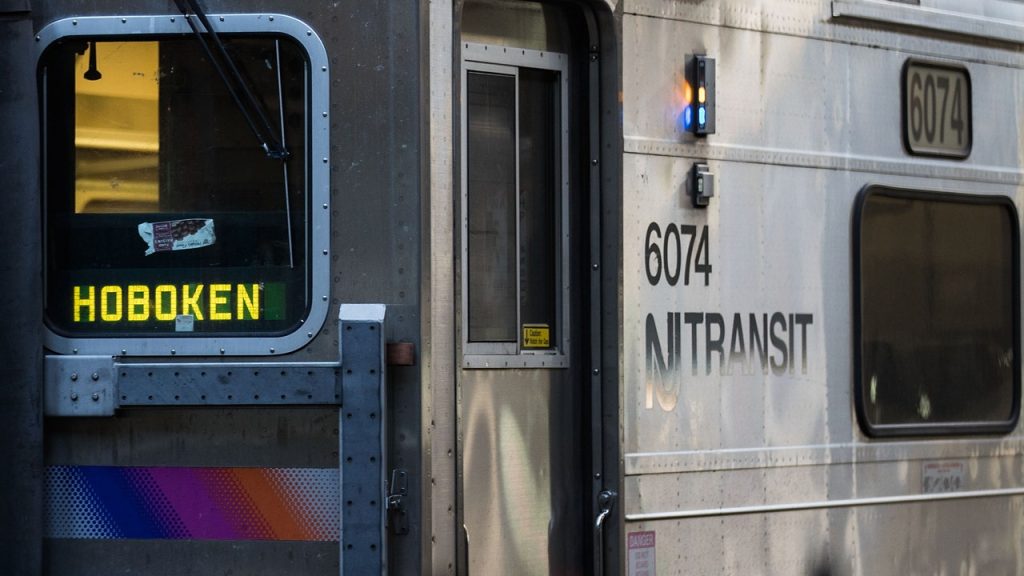New Jersey Transit’s board of directors has approved a 15% fare increase for bus and train riders, the first rate hike in nearly a decade. The increase, set to take effect on July 1, is aimed at closing a more than $100 million budget gap for the upcoming fiscal year. In addition to the initial fare increase, the agency plans for annual 3% fare increases in subsequent years. NJ Transit has already made $44 million in cost reductions and $52 million in revenue enhancements to offset some of the projected budget gaps. The agency has stated that the plan does not include any reductions in service levels.
In another development, the company behind New Jersey’s three nuclear plants is seeking approval for a 20-year extension to continue their operations. This move comes amidst increasing concerns about climate change and the need for clean energy sources. The extension would ensure the continued operation of the nuclear plants, which play a significant role in New Jersey’s energy production. Additionally, nuclear energy is considered a low-carbon energy source, making it an important component in efforts to reduce greenhouse gas emissions and combat climate change.
The approval of the fare increase by NJ Transit’s board of directors highlights the financial challenges facing the agency. The 15% increase, along with annual 3% fare hikes in subsequent years, is meant to address a significant budget shortfall. By implementing cost reductions and revenue enhancements, NJ Transit has taken steps to mitigate some of the projected budget gaps. It is important to note that the fare increase does not include any reductions in service levels, indicating that the agency is striving to maintain the quality and availability of its transportation services.
The proposed 20-year extension for New Jersey’s nuclear plants reflects the growing importance of clean energy sources in addressing climate change. Nuclear energy is considered a low-carbon energy source, making it a valuable asset in efforts to reduce greenhouse gas emissions. By extending the operations of the state’s nuclear plants, the company behind them is aiming to ensure a stable and reliable source of energy for New Jersey. This move is significant in light of the increasing urgency to transition to cleaner and more sustainable energy sources to combat climate change.
The decision to seek a 20-year extension for the operations of New Jersey’s nuclear plants underscores the importance of a diversified energy portfolio in meeting the state’s energy needs. Nuclear energy provides a stable and reliable source of electricity, complementing other renewable energy sources such as wind and solar power. In the face of growing concerns about climate change and the need for clean energy solutions, nuclear energy plays a crucial role in reducing greenhouse gas emissions and securing a sustainable energy future for New Jersey. The extension of the nuclear plants’ operations ensures continued access to clean and reliable electricity for the state.
Overall, the approval of the fare increase by NJ Transit’s board of directors and the company’s request for a 20-year extension for its nuclear plants highlight the complex challenges and opportunities in the energy and transportation sectors. As New Jersey works towards a more sustainable and resilient future, these developments underscore the importance of strategic planning and collaboration across different industries and stakeholders. By addressing financial gaps and promoting clean energy sources, New Jersey is taking steps to enhance its energy infrastructure and public transportation services for the benefit of its residents and the environment.


